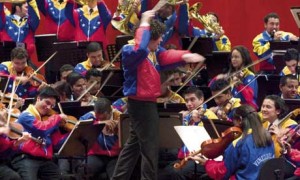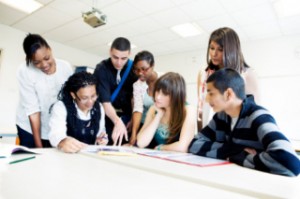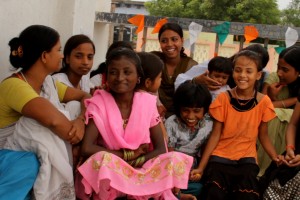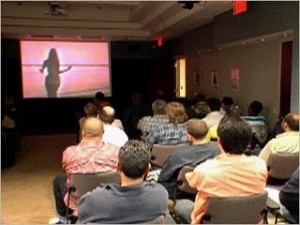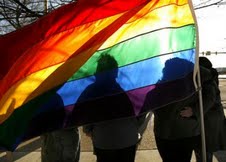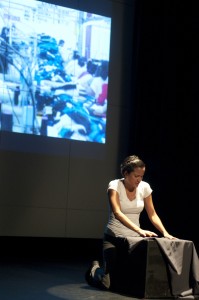Leer la versión en Español El sistema (The system) is a music program in Venezuela (and in some parts of the U.S) that trains poor kids to be musicians. The program started out in 1975, after economist and musician Jose Abreu gave classical music lessons to 11 children in a Venezuelan garage. Those music lessons …
Category: Institute for Social Change
Jul 14
People Comprehension Part IV
I’ve written several posts explaining how and why I think people comprehension skills should be taught in the public education system. Developing these skills in elementary school and middle school allows students to have exposure to different types of conflict, foster a greater understanding of opposing viewpoints, and build basic negotiation skills. In high school, it’s time to continue …
Jul 08
Gender Inequality in the Workplace
Gender inequality is a deplorable reality that runs rampant across the globe. Women are vulnerable to injustice at home, work and in their communities. Socially, economically, politically and culturally, women have been treated as second class citizens throughout history. In the workplace, women earn less money on average than their male counterparts and face a …
Jul 07
How Can Sustainability Come out of Controversy?
The issue of modern day slavery, particularly as it pertains to the trafficking of individuals for commercial sexual exploitation, has been getting increased attention. With more and more awareness of the severity of the problem, it has become a hot topic that encompasses much controversy. Agencies, advocates and policymakers have been exploring the issue of …
Jul 01
‘Daughters of the Sex Workers’ Seek Dignity and Respect
Yesterday I facilitated a webinar on Culture, Conflict and Violence against Women: A Focus Sex Trafficking. I raised several issues regarding the vast differences experienced by victims of the sex trafficking industry, particularly as it pertains to culture, gender dynamics and power differentials. I recommended that governmental bodies and non-profit agencies reevaluate motives, revise legislation …
Jun 29
Assessing the Trafficking in Persons 2011 Report
Yesterday was an anxiously awaited day for all of those who are in the fight to end modern day slavery. Secretary of State, Hillary Clinton, formally announced the release of the highly anticipated Trafficking in Persons (TIP) 2011 report. The annual report consists of victim narratives, governmental responsibilities, progress made, and recommendations for improvement. Additionally, …
Jun 24
How Effective are John Schools?
Ending the vicious cycle of prostitution and sex trafficking is no easy task. For years, the focus has been on criminalizing the “suppliers” of sex, most of whom are women and children that have been lured into ‘the life,’ or ‘the game,’ by exploiters who control and manipulate them. With radical feminist and religious activists …
Jun 22
LGBT Refugees and Asylum Seekers
The lesbian, gay, bisexual, and transgender (LGBT) community has experienced discrimination, threat, and violence around the globe. Violations of human rights are heavily affecting LGBT individuals in many regions of the world, forcing them to flee persecution and seek refuge in other nations—one being the United States. The resettlement network in the U.S. has limited …
Jun 13
People Comprehension Part III
Last week, I talked about some possible exercises that could be administered in elementary schools that would allow children to develop people comprehension skills. While I certainly think it’s extremely important to begin learning and practicing these skills at a young age, I think it’s perhaps even more important to continue developing these skills as …
Jun 02
One Journey
Using Art for Social Change Many people live less than a half hour away from their extended family. But what if the distance that separated your family was not due to geographic miles but national boundaries? What if you could see the city where your family lived but were unable to visit because you had …

